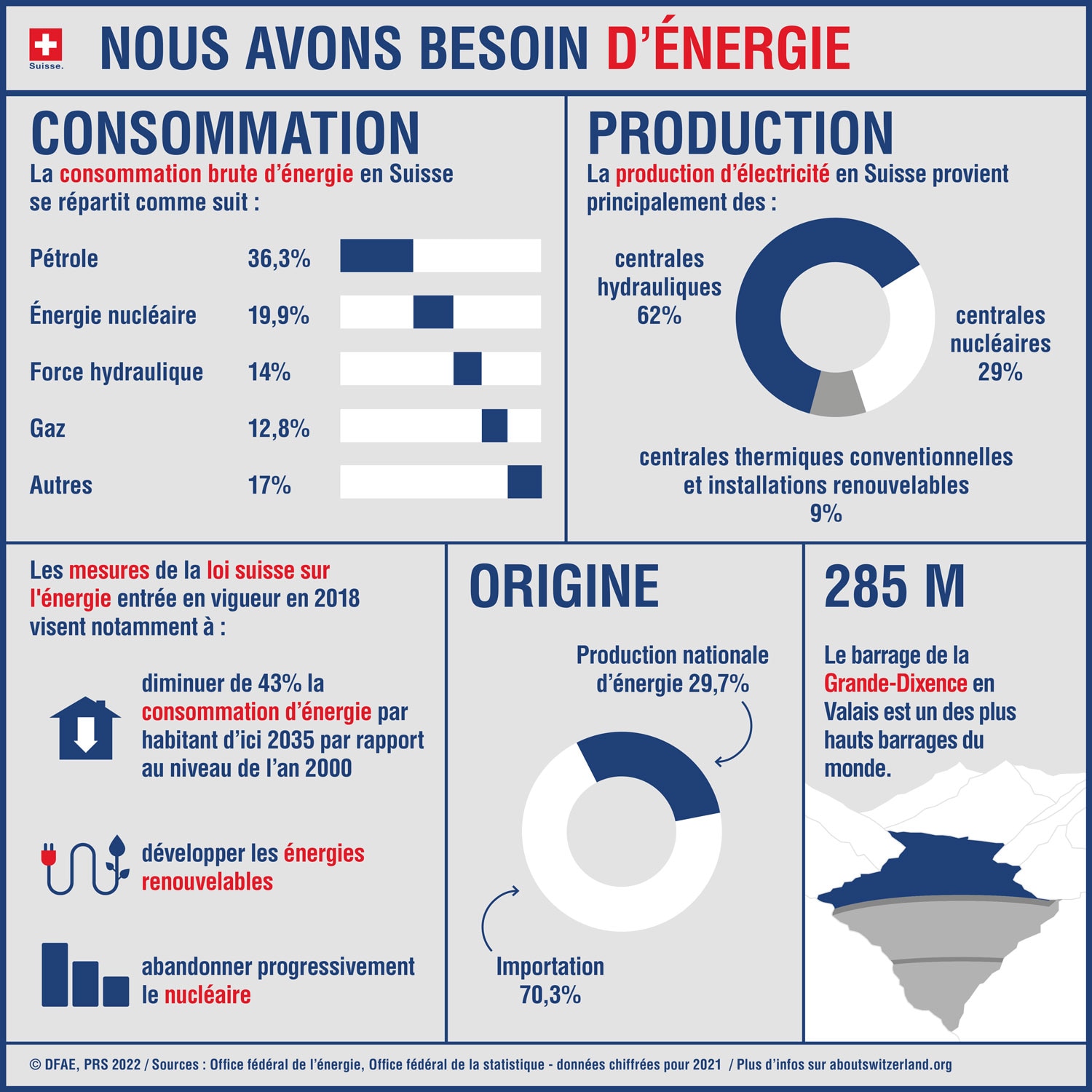Water-rich Switzerland controls Western Europe’s taps — and wants it to stay that way. Its drought-ridden neighbors are getting nervous.
At the western edge of Lake Geneva, where the mighty Rhône river squeezes through a narrow dam, a blunder of French diplomacy is carved into stone for all to see.
The inscription, mounted on the walls of an old industrial building, commemorates the 1884 accord between three Swiss cantons that have regulated the water levels of this vast Alpine lake ever since. It does not mention France — even though some 40 percent of the lake is French territory.
“France, for some reason, wasn’t part of the contract,” said Jérôme Barras as he unlocked a gate below the epigraph to inspect a hydropower plant under the dam he has managed for more than a decade.
When the agreement was renewed and a new dam was built a century later, Paris still wasn’t interested.
The French government now regrets that.
…
And France has suddenly realized it can’t control that tap as it battles water shortages, destructive droughts and baking heat.



Most of French power plants are using evaporative cooling. Only 4 out of the 18 are rejecting water into the river.
Swiss green party might not like nuclear power but Switzerland is producing less than 30% of their electricity, the other 70% is imported from neighbors, mostly France.Soooo they should probably be nice with their neighbors.Never mind, see comment below
You’re mixing up two values here. Switzerland imports less than 10% of its electricity, the number you’re probably referring to is the total of “Energieträgern”, so oil, oal, gasoline, etc.
https://www.bfs.admin.ch/bfs/de/home/statistiken/energie/versorgung.html
You are right, I have not read my sources properly so o got mixed up between the electricity production and energy production.
Especially with this picture
googles
It looks like that’s true, but that the ones returning the warmer water rather than evaporating it are also ones on the rivers (rather than the coast).